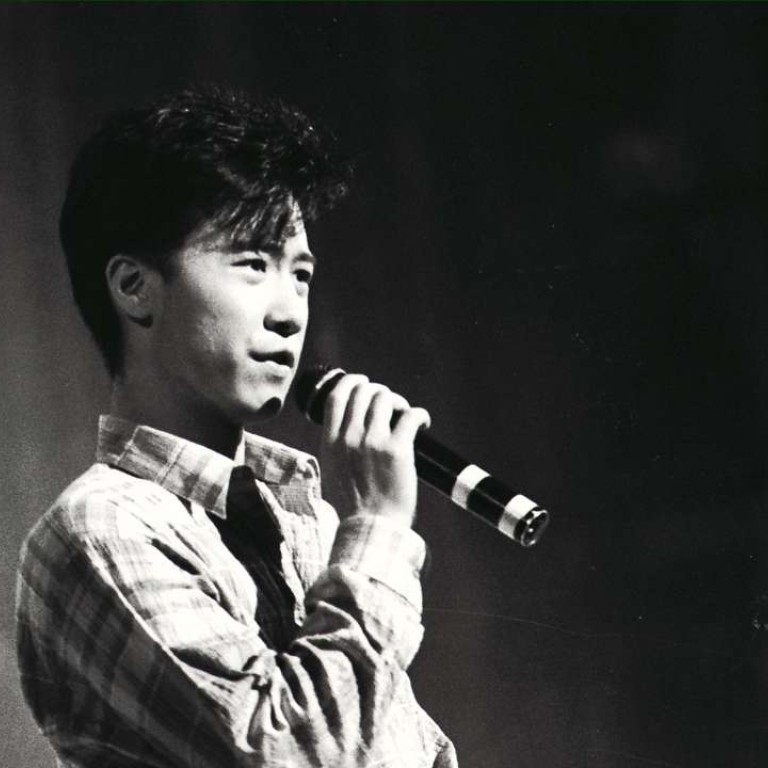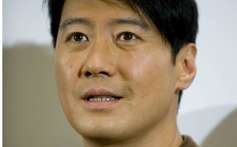
The 5 biggest hits of Leon Lai-ming, Canto-pop ‘heavenly king’ who’s back on stage
The humble Hong Kong phone salesman turned singing star hasn’t looked back since the release of his debut album in 1990. We recall Lai’s biggest hits ahead of his concert series this month
The Leon Lai-ming story is enough to give any wannabe entertainer hope.
Having left secondary school in Hong Kong in the mid-1980s, Lai was apparently just like so many other young men when they emerge to face the world – at odds with himself and not quite knowing which way to turn his life.
He started work as a lowly mobile-phone salesman as a means to earn his keep, but friends and family kept insisting he make more of his talent for singing and flair for the theatrical, and he was eventually convinced to try out for the 5th New Talent Singing Awards in 1986.
Lai was named second runner-up and landed himself a recording contract, but it took four years of vocal and performance coaching before Leon Lai-ming, the artist, was ready to face the world and release his first album (1990’s Leon).

Lai, who turns 50 in December, returns to the big stage in Hong Kong this month, with eight shows at the Central Harbourfront Event Space from April 28 to mark his 30 years in show business.
To help warm up for the big event, we’re looking back today and tomorrow at some of the star’s greatest moments in music and on the big screen.
The tunes ...
There’s Not One Day I Don’t Think of You (1994): One of the songs that helped establish Lai among the heavyweights of Canto-pop once he had signed on with Polygram, it leans heavily on what would become his signature topics of lost love and of longing – and the Spanish guitar licks have been copied countless times since. It brought the artist the first of his “Song of the Year” awards.
A Happy Family (1993): Duets have been a staple for Lai throughout his career and in Vivian Lai he was matched with an artist who, like him, seems always to have escaped the ravages of time. Clips of them together singing this cheery ditty about kinship has echoes of far simpler times, and of the TVB dramas and variety shows from which both emerged.
Just Love Me For One Day (1997): Songwriter Mark Lui has been a one-man hit-making machine in Canto-pop circles, and never more so than when he writes with Lai in mind, as he did with this chart-topper and concert favourite. Surrounding Lai’s vocals with string accompaniment was inspired and it was also voted Song of the Year in Hong Kong by his ever-growing legion of fans.
If I Can See You Again (1998): A Canto-pop classic that celebrates the purely commercial nature of the genre by being quite simply … a commercial. Hutchinson’s power brokers were on to something when they recruited Lai to croon on their ads – he’s developed a decent little cottage industry for them since the late 1990s - and this one simply implores you to get on that brand new phone and make that call. She/he’s waiting!
Sugar in the Marmalade (2008): Lai has increasingly shunned the spotlight after a series of tabloid intrusions into his private life, going so far as refusing to accept any awards for the past 15 years or so. While his output in recent years has been limited, this thumping trip into techno became an instant karaoke favourite on release, and has been ever since – for better or worse, depending on who’s behind the mic.

